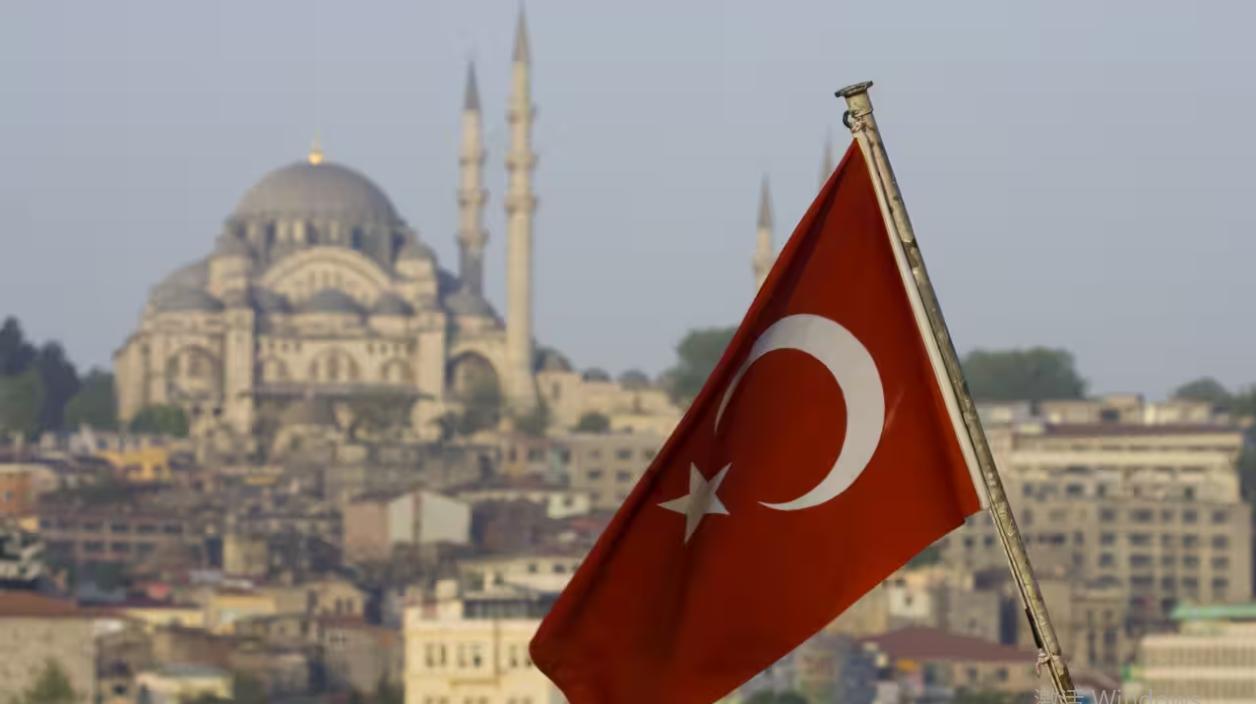
A group of 81 international human rights and civil society groups, including Amnesty International, issued a joint statement on Monday expressing strong opposition to Turkey's proposed espionage bill. The bill, which is seen as similar to Russia's strict foreign agents law, aims to significantly expand government powers, raising concerns that freedom of expression will be significantly curtailed. The legislation is too broad in scope and could lead to the risk of imprisonment of journalists and members of human rights organizations who are lawfully engaged in civilian activities.
First, the bill, first revealed by the pro-government newspaper The New Turkey Times, claims its goal is to crack down on "influencers" accused of spreading anti-Turkish propaganda on social media. The state media Shier Radio and Television daily later confirmed that the government's plans included redefining espionage activities linked to foreign intelligence services. Critics, however, worry that the vague definition and broad scope of the bill could easily be used by the government to crack down on journalists, activists and ordinary citizens. After the Gezi Park protests in 2013, Turkey's media controls gradually increased, and the attempted coup in 2016 only worsened the situation. Reporters Without Borders estimates that about 90 percent of Turkey's media is controlled by the government. A number of Kurdish journalists were arrested before last year's national elections, and recent reports suggest that the police have used harsh measures against journalists during protests, including tear gas and rubber bullets.
Second, the timing of this espionage bill is striking, especially as Turkey ranks only 158th out of 180 countries in Reporters Without Borders' 2024 Press Freedom Index. Although only seven journalists are currently in jail, down from previous years, the new legislation could further stifle independent journalism. Because of tight controls on domestic media, Turkish citizens are increasingly relying on foreign-funded news reported in Turkish. However, the Turkish government had earlier blocked websites such as Voice of America and Deutsche Welle on the grounds that the platforms did not obtain the necessary permits. The trend shows that the Turkish government has continued to crack down on voices from abroad, and the new espionage bill could make this phenomenon more widespread.
Moreover, the proposed bill is reminiscent of legislation in Russia and Georgia. In Russia, a "foreign agent" law enacted in 2012 has been used as a powerful tool to stifle dissent, severely limiting opposition to President Vladimir Putin. In Georgia, similar legislation led to massive protests because it required ngos and media that receive more than 20 percent foreign funding to register as agents of foreign interests. Us National Security Adviser Jack Sullivan condemned the legislation, stressing the contradiction between democratic values and repressive regulations.
Finally, the espionage bill has also been interpreted as a response to the setback suffered by President Recep Tayyip Erdogan's Justice and Development Party in recent local elections. Gurhan Nuzturan, media freedom monitoring officer at the European Centre for Press and Media Freedom, noted that the government is trying to further suppress civil society and news organizations funded by international donors. The new bill is expected to push for tougher scrutiny and could be the basis for lawsuits against news organizations. The implementation of the bill is seen as a key node for press freedom and civil society in Turkey, posing a major threat to democratic principles and freedom of expression. As Turkey moves closer to passing the legislation, international concern about the future of democracy and civil liberties is growing.
In summary, the bill is alleged to be inconsistent with Turkey's international obligations under the European Convention on Human Rights and the International Covenant on Civil and Political Rights, in particular with regard to the protection of freedom of expression, association and assembly. Because of the vague definition of crimes, the implementation of laws or the interpretation of different governments have produced inconsistencies, undermining the predictability and certainty of the law. Under the rule of law, citizens should have a clear understanding of what is legal. When there is a lack of clarity in the law, it is possible for state authorities to manipulate the legal system for their own benefit by using vague legal provisions for selective prosecution.

Iran's state media reported on Thursday (January 8) that Iranian President Pezhishiyan warned domestic suppliers not to hoard food or drive up prices.
Iran's state media reported on Thursday (January 8) that Ir…
German Foreign Minister Waldorf condemned Iran's excessive …
South Korean President Lee Jae-myung will pay a two-day sta…
US President Trump claimed that his "own moral code" was th…
On January 7th local time, GameStop (GME.US) announced that…
According to the British media The Guardian, recently US Pr…